
The Free Press

Each one of us has a tiny computer in our pocket with, basically, the sum total of human knowledge. We have never had access to more information, or more ways to share it.
At the same time, it seems we understand our world less and less.
As the gap between what we’re allowed to say in public and how we talk in private grows, so does our distrust—in power, in the press, and in one another.
Maybe your moment came while reading about school lockdowns. Or maybe it was the obvious political bias distorting even the most basic news stories. Maybe you’ve seen reporters being activists on social media, then feigning objectivity in their stories.
But at some point, you might have noticed that what you were reading didn’t reflect what you were seeing with your own eyes.
At some point, maybe you noticed that the people paid to tell you about the world as it is were instead telling you about the world as they wished it to be.
At some point, maybe you noticed that rather than conveying complexity—even if it was inconvenient or uncomfortable—the press was in the business of giving their readers, their viewers, and their listeners confirmation. Confirmation that they were right, confirmation that their political opponents were wrong.
We saw it happen from the inside.
We saw it in our newsrooms and in our pitch meetings. “All the news that’s fit to print” was becoming “all the news that fits the narrative.” Curiosity was becoming a liability—not a necessity.
So we left.
What we didn’t know was how many of us there were, or how much demand there would be for honest stories. We didn’t realize there are millions of people who want to discuss hard things out loud, who want to seek the truth rather than the comfort of a political team or tribe—people who want journalism they can trust, and who are eager for their own perspectives to be challenged.
This site started small. In January 2021, one of us—Bari—started a newsletter. She figured just a few people—her parents, possibly her sisters, definitely some trolls—would sign up to follow her work.
She was wrong.
One journalist’s newsletter slowly grew into a 21st-century newsroom. Now, we’re a team of full-time editors, reporters, and producers, spread across the country, who regularly break news and drive the conversation. We’ve done it without any marketing. Our growth has been entirely organic, mostly word-of-mouth. Today, we have more than a quarter of a million subscribers hailing from all 50 states and more than 30 countries.
So we figured it’s time, finally, to give ourselves a name.
Welcome to The Free Press.
The Free Press is a media company built on the ideals that were once the bedrock of great American journalism: honesty, doggedness, and fierce independence. We publish investigative stories and provocative commentary about the world as it actually is—with the quality once expected from the legacy press, but with the fearlessness of the new.
We place a special emphasis on subjects and stories that others ignore or misrepresent. We always aim to highlight multiple perspectives on complicated subjects. And we don’t allow ideology to stand in the way of searching for the truth.
We do lack some things that traditional newsrooms have. We don’t have a fancy headquarters, or an IT department, or a vending machine—but merch is coming!
What we do have are the things that are essential to any newsroom: ambitious journalists, a spirit of collaboration, and readers who support our work. We will be the home–the one address–for the best independent journalism out there.
Over the past year our incomparable group of reporters, editors, and producers have brought you crucially important stories.
This team has:
Documented how the ideological takeover of American medicine and the law has endangered our health and our rights; exposed how schools are indoctrinating even our youngest children into a belief that racism is everywhere and that biological sex doesn’t exist; explained how vulnerable teens are being pushed into experimental gender transition, and how our public health scientists failed to “follow the science”; brought you shocking accounts from around the world, including Canada’s new euthanasia laws which allow depressed teens to be killed by the state; taken deep dives into China’s global ambitions and how it is capturing the minds of Americans; given you a new understanding of stories that you thought you knew, but didn’t—like the real story of the Central Park Karen. And every Friday in TGIF, Nellie Bowles summarizes our week with her inimitable wit.
We have well over a million visits to our site every month. Our podcast, Honestly, has more than 18 million downloads. Our work has been cited in The Economist, The New York Times, the Canadian Parliament, Reuters, Fox News, and NPR.
Members of our team have published in outlets from Vanity Fair to The American Conservative, from McSweeney’s to Reason, from The New York Times to People, and from Texas Monthly to Deseret News. We’ve worked at NPR, The Wall Street Journal, Gimlet, and The Atlantic. We live in New York and L.A. and in small towns in the Midwest and the South.
You won’t agree with everything you read or hear from the Free Press. And we think that’s exactly the point.
Free people deserve a Free Press.
We hope you’ll join us. We’re just getting started.


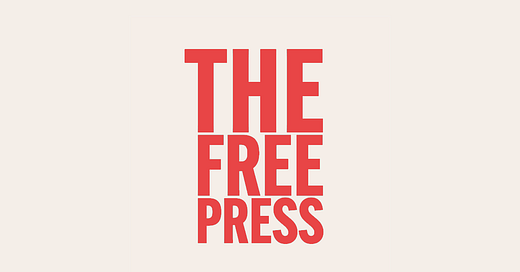


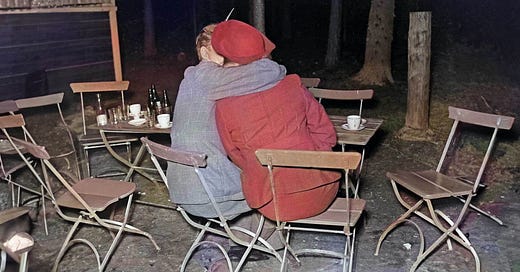
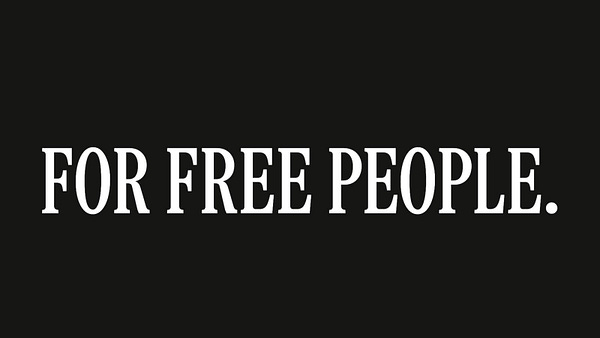

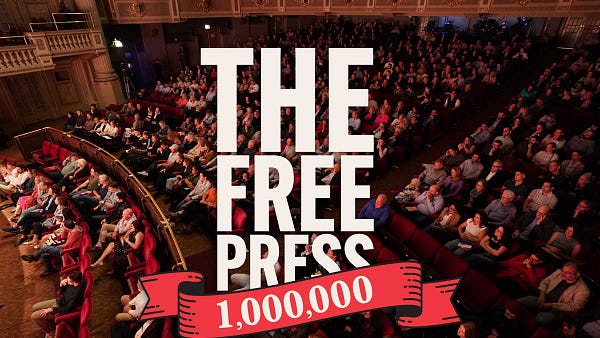

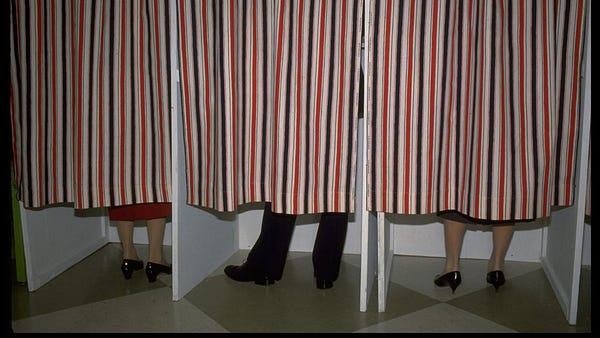



My Individual Subscription ends in a few days. Substack AI chat bot said there is a Group Subscription (because others in my household want to receive it to their emails too), but they cannot give me any information and it isn’t listed in the ‘Change’ Subscription drop down selection box. Does a Group Subscription exist? How do I start it?
I have not received TFP in my inbox since Jan. 14th. 3 requests for action have been unanswered.